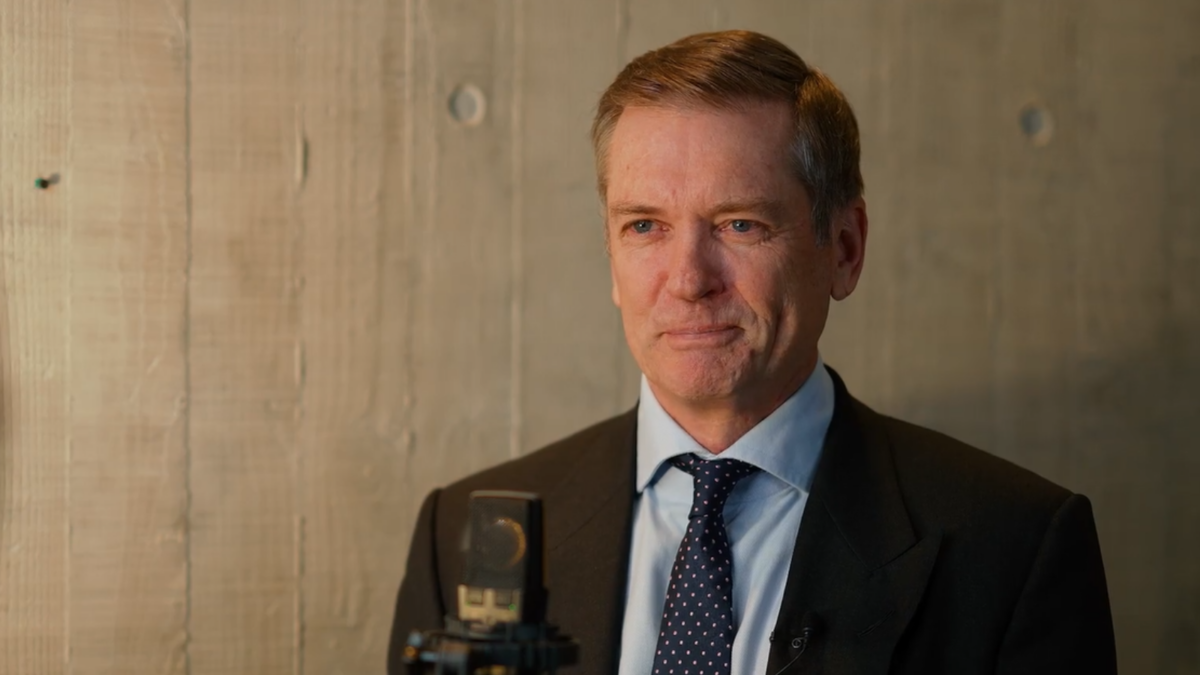RBA pauses for now, but may follow Fed and ‘push till it breaks’: Atrium
After putting the breaks on interest rate hikes last month the Reserve Bank of Australia’s next move will be crucial, according to Atrium Investments senior portfolio manager Brendan Paul. Either they take the road that equity markets are pricing in, and try to nail a smooth landing for the economy, or they follow the road that bond markets anticipate and re-raise interest rates, which could push the country into recession.
Speaking on a broadcast investment panel recently, Paul (pictured) explained how the RBA is walking a “tightrope” on interest rates, balancing out the “countervailing forces” of inflation and economic pressure for consumers. “It’s a very difficult job,” he said.
After pausing its succession of rate hikes on April 5, leaving the cash rate at 3.6 per cent after ten consecutive monthly increases, the RBA has indicated that it may consider the effects of those hikes to be taking effect, which would make further interest rate pressure unwarranted.
According to Atrium’s Paul, it’s all about “keeping an even keel”. And with the interest rate paused, the RBA is taking a ‘wait and see’ approach.
While a smooth landing would be ideal, he said, pulling back on rate hikes at exactly the right time is difficult. And history tells us that central governments are more inclined to push economies slightly harder to make sure inflation is tamed, rather than pull back to early.
As we’ve seen in the US, he said, this could mean taking a path that may end up in a technical recession.
“We know from history that often, in pretty much the majority of occasions, [central banks] end up over-tightening… they end up knowing in the rearview mirror where that kind of point was and unfortunately go a bit too far,” Paul explained. “You know, the idea of a soft landing, this narrative, if you like, of landing the plane right on the on the very fine runway, of just the right amount of inflation and just the right amount of economic growth… we think is really, really difficult.
“And so for that reason we think, invariably, and maybe the US has a bit of a template here… central banks tend to push things until things break.”
For investors, he said, two different perspectives are being taken according to which sector you’re addressing.
“From an investing perspective, some of the risk assets – equities, for example – seem to be taking here a fairly glass-half-full type of approach to this,” Paul explained. “They seem to be fairly optimistic about the opportunity to hit that soft landing.”
“The bond market, on the other hand, we think seems to be taking a slightly different perspective on that.”
As to which sector is right, the portfolio manager believes the bond market “probably has a bit of track record” of knowing which way the interest rate wind will blow.
“And it’s suggesting a difficult road ahead,” he said.











